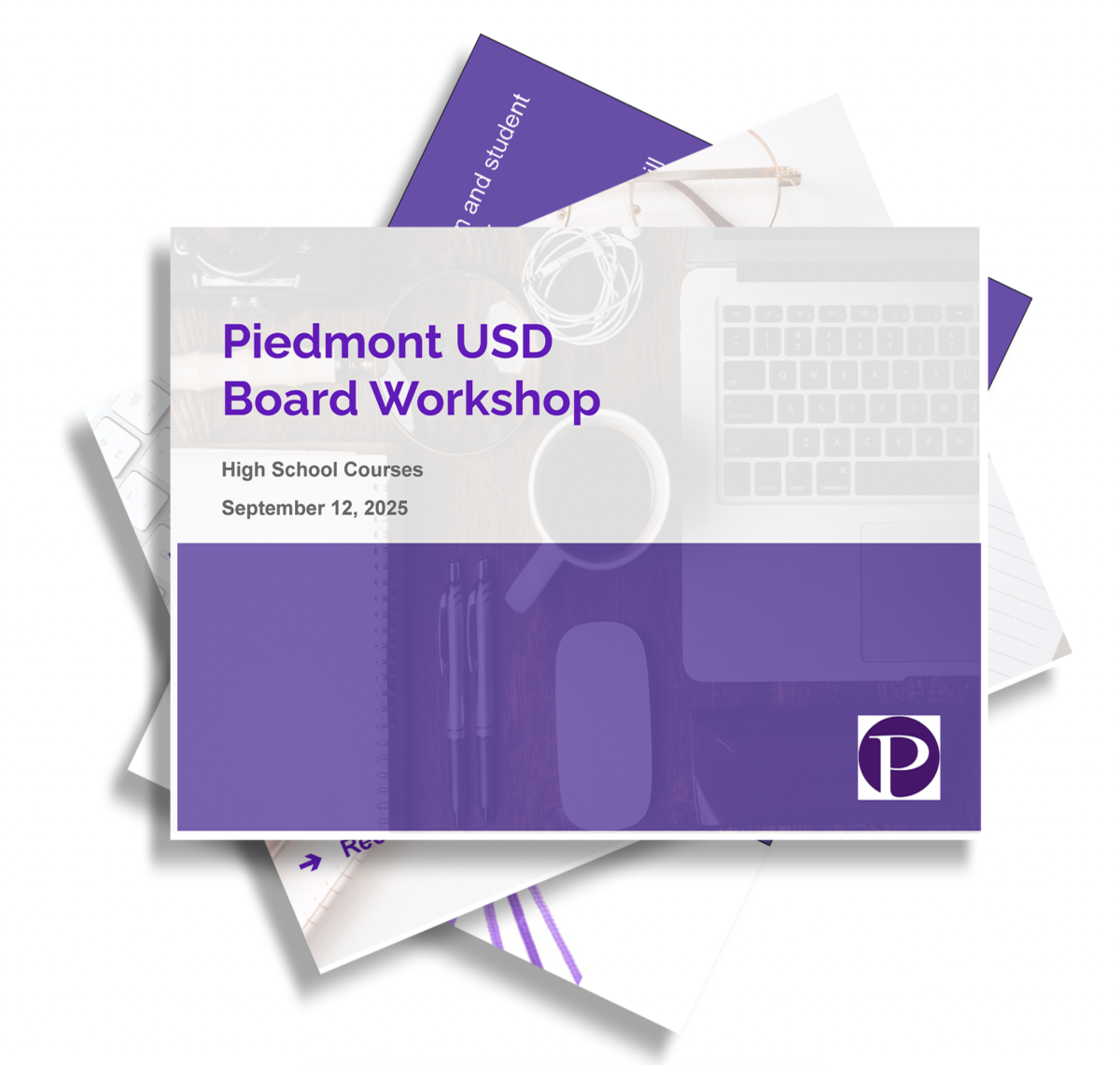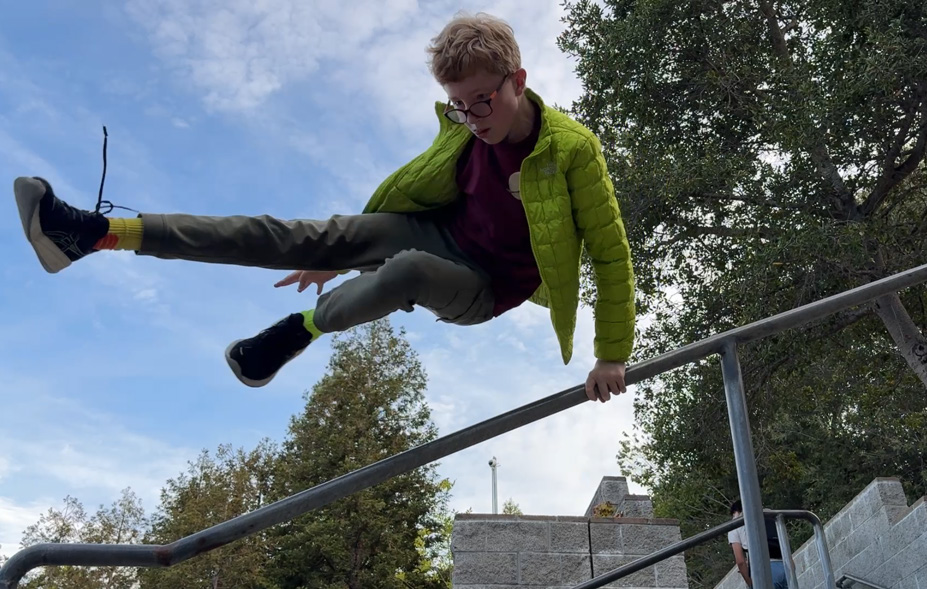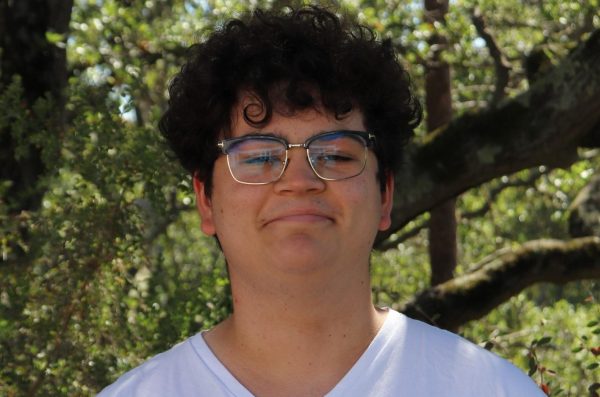After a flurry of media attention, the election is only a mere five days away. For many Americans, it’s the most important election of their lifetime. The fate of abortion, healthcare, education, and so much is at stake. Every day brings a crop of new interviews, articles, rallies, debates and throwaway comments on X, formally known as Twitter. It’s a lot for anyone to deal with, and it can be difficult to find something to actually grab on to. Poll numbers, projections, and surveys, can give a sense of momentum, but they can all change rapidly and dramatically. As the flurry of news coverage sweeps the nation, one thing is always left behind: action.
Community organizing is the real heart of democracy. More often than not in the history of this country, it is the organizers who shape how policy is created and voted on. Look to examples such as Dr. Martin Luther King Jr. and the broader civil rights movement, the Suffragettes, and marriage equality. These issues were not voted on out of nowhere–only through decades, sometimes centuries of rigorous advocacy were these issues brought to the attention of lawmakers.
Due to the nature of American democracy, many of these important issues are rarely voted on by the people, but instead by who they elect to represent them. According to Pew Research Center, over 61% of Americans favor abortion rights in all cases, and yet 13 states have made the procedure illegal and seven more states have limits below the Roe v. Wade era 22 week standard. This exposes a flaw with voting in America, it only places the power to elect with the people, but not to make the laws.
Voting may seem like the best and only way to participate in the American system, but we’ve lost sight of what the republic is about–representation–and have reduced it singularly to the casting of the vote. Yet many people can’t or don’t want to vote at all. These people should still be able to participate in democracy, and they can, through organization and direct action.
A large majority of students in high school are too young to vote, but anyone can organize. There’s no start or end date for it either, like how there is for an election. When elections do come around, it can be easy to get caught up in the national level, but local elections are also extremely important. Local elections are the most direct way to affect your community and you. National elections dominate the media’s attention, but it often takes years for the impact of policy decisions to be felt. In your community, volunteering, voting and protesting allow you to have a more immediate and tangible effect on the place you call home.
Popular ways to get involved include volunteering for the Alameda County Food Bank to provide food to those in need, taking care of animals at local shelters, and working with homeless shelters. Foundations like Save the Bay work to mitigate the effects of climate change and urbanization. Food Not Bombs is active in Oakland and provides alternative ways of feeding the hungry outside of corporations.The Bay Area and the city of Oakland in particular have a rich history of community coalitions and organizations with the Black Panthers and United Farm Workers. Much of that history runs deep in the roots of our communities. That collaborative spirit is still present in the organizations that are around today.
If the only thing we could do to change the world was vote, progress might never happen. Real change is driven by real people in communities taking action to resolve the issues they see. Voting is not the end-all-be-all of a republic and people who are empowered to elect leaders should aspire to be leaders themselves.Flaws




























